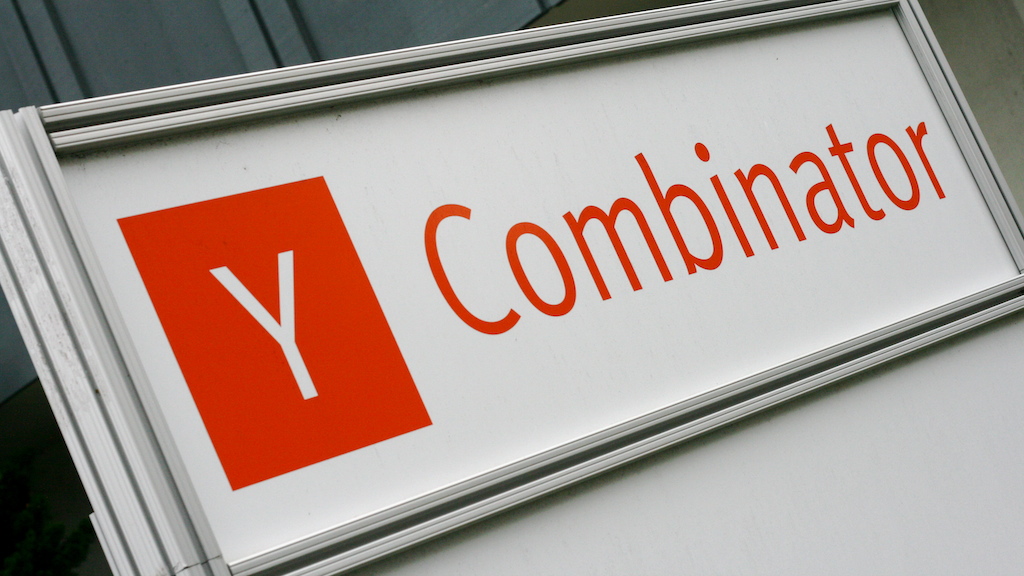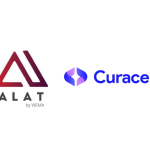by Lumi Mustapha, Head of Legal; and Thando Sibandais Deputy Head of Legal at Founders Factory Africa.
The African tech ecosystem is growing rapidly, and there is increasing demand for capital from startups. In recent years, SAFEs, or Simple Agreements for Future Equity, have become an increasingly popular way for African startups to raise capital.
SAFEs offer several advantages over traditional venture capital financing, making them an attractive option for startups and investors alike. Below, we will discuss what SAFEs are, why they are becoming popular across the African ecosystem, and what the future holds for SAFEs in the continent.
Convertible Loan Notes
Raising money as a business involves selling a stake in a company — shares — in return for cash from investors. The “Key” is agreeing on a company’s valuation — price per share — and other terms involving significant negotiation, legal documentation, and associated time and financial costs. This is why founders and investors began to opt for an alternative in the form of convertible securities to get a much-needed investment into a business.

Traditionally, Convertible Loan Notes (CLN) were the most common form of convertible security instrument used for early-stage investments in the US. The primary attraction of the CLN was that it allowed for valuation discussion to be deferred to the point when the company raised a priced round. In the meantime, current investors could get money to founders quicker, with simpler documentation and at a lower cost.
CLNs are loans, but instead of repayment, they are intended to convert into company shares in the future. A typical CLN may feature an interest rate, maturity date and additional investor rights before and post-conversion (e.g. information rights, board observer rights, and pro-rata rights).
The interest listed in a CLN accrues and increases the investment amount for CLN investors. The maturity date gives the investor options of repayment, extension (with better terms), or conversion on a fixed date in the future, assuming the CLN has not converted by that point.
CLNs and SAFEs were primarily utilised for investments intended to fill small funding gaps for startups close to raising a priced round.
What particularly made CLNs attractive for both investors and early-stage startup founders was that the company valuation did not need to be negotiated at the point of investment. It would instead be resolved at the point of a priced round based on the behaviour of new investors at that stage.
This deferral of the valuation question is based on conversion terms in the CLN. The terms provide that the price per share for the CLN investor would be based on a discount on the price paid by priced round investors or on a capped valuation of the company (effectively a discount on the valuation agreed with priced round investors).
The original SAFEs
When CLNs first emerged, they were seen as investor-friendly, and founders sought less stringent repayment alternatives and did not include additional interest.

Hence, in 2013, Y Combinator (YC) developed the SAFE. It was similar to a CLN in that the valuation question was deferred till a priced round at some point in the future, but with the key difference that the SAFE did not have a maturity date or interest rate.
The original SAFE (called a “pre-money SAFE”) came in 4 formats:
- Valuation cap (no discount)
- Valuation cap and discount
- Discount (no valuation cap)
- MFN (no valuation cap on discount)
The ‘pre-money’ element in the name referred to the pre-investment valuation that would dictate the price per share for the SAFE investor when a priced round with new investors occurred. Note that CLNs and SAFEs were primarily utilised for investments intended to fill small funding gaps for startups close to raising a priced round.
However, as SAFE and CLN investment amounts got bigger and timelines till startups reached a priced round got longer (resulting in founders raising more and more SAFEs and CLNs in the interim, effectively making CLN-SAFE raises a round on their own).
With the recent funding downturn, investors are increasingly looking to mitigate the perceived risks with SAFEs and effectively get the best of both worlds by combining the favourable elements of CLNs and SAFEs in a new instrument called a ‘SAFE Note’.
The problem was that CLNs and the original” pre-Money” SAFEs did not let investors know their stake in a business, nor did founders know how much dilution they would face when a future investment was converted into shares.
SAFEs 2.0
Consequently, in 2018, YC updated their SAFE to a “post-money” SAFE where the valuation cap was based on the ‘post-money’ valuation of a company when all its SAFEs, CLNs, and other convertible securities were accounted for. This allowed for a calculation of the minimum shareholding an investor would expect to get in the company on conversion of the SAFE.
While the post-money SAFE solved the question of what an investor would get, there was still the problem of if/when the investor could expect the conversion to occur. Remember, SAFEs (and CLNs) are designed to convert into shares when certain events or “triggers” occur.
For SAFEs and CLNs, the primary conversion trigger is when a company raises a priced round. However, SAFEs — unlike CLNs — lack a ‘maturity date’, which still creates the possibility that they would never convert into shares. As a result, if the founders do not raise a priced round, the startup isn’t acquired, or the company holds an IPO, a SAFE investor would never have their investment converted into shares nor be repaid, a perpetual state of limbo.
SAFEs in the African Startup ecosystem
In an African ecosystem context, SAFEs are a popular (and possibly the dominant) convertible security instrument for investments in early-stage startups, with YC’s influence spreading as more and more startups moved through their programme. This cohort of African startups used SAFEs for their first post-YC investments and continued using the same for subsequent pre-seed/seed investments, with other African startups following suit.
But, ecosystem dynamics in Africa are different to those of Silicon Valley. African startups require much more funding (and time) to get to a stage where they can raise a priced round. This, as has been well documented, is primarily due to factors including the historic infrastructure and wealth deficit across the continent that affects market access, wide-scale distribution, and the depth of the ecosystem.
…we may see the development of SAFEs with features more tailored to specific industries or regions. We may also see the development of SAFEs that offer unique protections to investors.
The bulk of early-stage funding to African startups between 2015 and 2022, the proverbial funding boom, saw the use of SAFEs. However, SAFEs have been increasingly viewed as too founder-friendly (similar to how CLNs were viewed as too investor-friendly). It is highly possible, if not likely, that a significant portion of SAFEs purchased by investors in African startups over the last few years may likely not convert into equity as the triggers for conversion may never materialise, resulting in investors neither receiving shares nor even the possibility of some of their money back.
SAFE notes and the funding downturn
With the recent funding downturn, investors are increasingly looking to mitigate the perceived risks with SAFEs and effectively get the best of both worlds by combining the favourable elements of CLNs and SAFEs in a new instrument called a ‘SAFE Note’.
A SAFE Note has the characteristics of a standard SAFE (valuation cap, conversion triggers, etc.) but with the addition of a “voluntary conversion” right, similar to the maturity date in a CLN. The voluntary conversion right allows an investor to force the conversion of a SAFE Note at some date in the future if, by the date listed in the note, founders have not raised a priced round.
Another feature SAFE Notes borrow from the CLN is that they contain additional investor rights. One of these rights is the liquidation preference right (LPR). The LPR is in the event the company is sold or closes an IPO, the investor can get their money back along with an extra return on their investment and/or proportionally share in the profits with all other shareholders. This money-back-extra return event was not a feature of the original nor updated YC SAFEs.
These features are designed to protect the investor from a scenario where they invest, but then none of the usual conversion trigger events occur within a reasonable period.
Given the general lack of data in early-stage African startups and the consequent difficulty in arriving at mutually agreeable valuations between founders and investors, convertible instruments (SAFEs in particular) have proved extremely useful. They enable money to get into the hands of founders quickly and at minimal cost while giving investors comfort that they will get what they paid for at some reasonable point in the future.
Expect the use of SAFEs to grow in Africa
The future of SAFEs in Africa is bright. As the SAFE market in Africa matures (with continued investment in early-stage African startups), we can expect to see even more innovation in how they and other convertible instruments are used. For example, we may see the development of SAFEs with features more tailored to specific industries or regions. We may also see the development of SAFEs that offer unique protections to investors.
Overall, SAFEs are a valuable tool for startups and investors in Africa. They offer a number of advantages over traditional venture capital financing instruments and are becoming increasingly popular. As the SAFE market in Africa matures, we can expect more innovation in how SAFEs and other convertible instruments are used.
Catch up on news and other tidbits on our WhatsApp Community Page, Twitter/X, and subscribe to our weekly newsletter to ensure you don’t miss out on any news.










